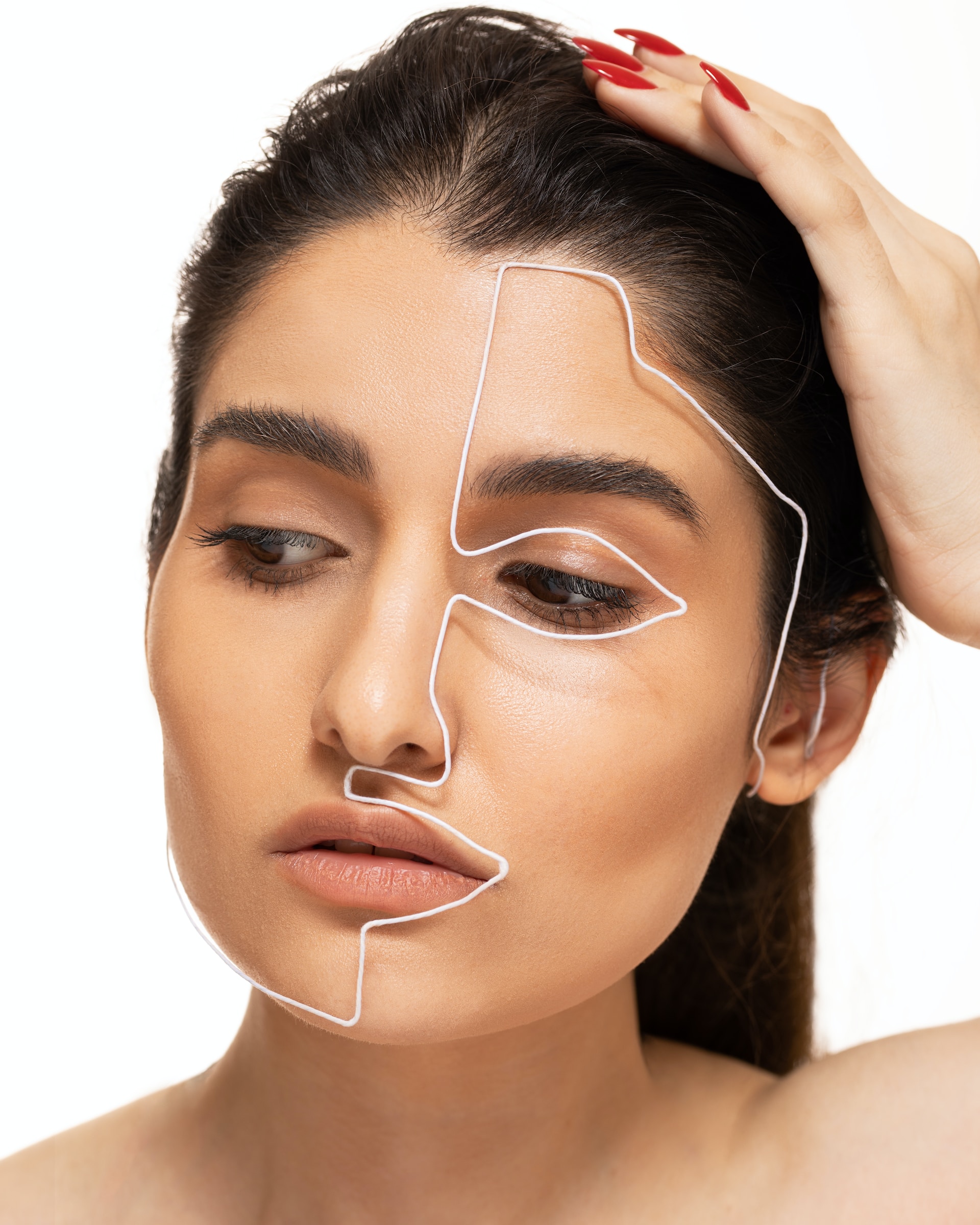
Comment Writer Maxim Nägele discusses the implications of capitalistic consumer culture on beauty standards and practices
Since the development of modern consumer society in the 20th century, the body has become an increasingly managed and judged object of the neoliberal capitalist state. In the 20th century, beauty ideals used to be advocated primarily towards women who were believed to be responsible and obliged to a high level of bodily self-management in their traditional role as a housewife and mother. Make-up and new technologies like the hair dryer became part of an expanding cosmetic industry and were successfully propagated as part of a women’s lifestyle and daily routine. With the increasing social equality and liberation that women in Western societies gained since the 1970s, the idea of the hyper-managed housewife has become obsolete in both society and the economy was replaced by the emancipated female consumer.
The many beauty and self-care commodities were however successfully maintained and even expanded as essential means of self-expression and modernity for both female and male consumers. These processes were further increased with new digital technology and advertising techniques with social media as the most important perpetuator of current beauty standards and lifestyle trends. Although the advertisement and branding of capitalist beauty industries have changed drastically over time, the underlying messages and ideals remain surprisingly traditional.
The capitalist consumer is still urged to highly manage and improve their own bodies and performances to affirm the artificial ideals of the beauty industry. Skincare and make-up brands that range from cheap drugstore offers to luxury products with eye-watering prices are persuading consumers to spend more and more on maintaining a young and ‘healthy’ body and face. …luxury products with eye-watering prices are persuading consumers to spend more and more on maintaining a young and ‘healthy’ body and face.
A relatively new part of this beauty culture is the plastic surgery industry which is heavily normalised by Hollywood and has become incredibly popular for both women and men in capitalist consumer societies. Outside of the Western context, South Korea is the most striking example of this postmodern beauty culture. Cosmetic operations like double eyelid surgery are extremely popular amongst women in their twenties, for example as a common graduation gift. Korean celebrities, who are increasingly undertaking plastic surgery, are looked up to and seen as representatives of this new beauty ideal. Accordingly, South Korea is currently the ‘capital of plastic surgery’ where at least one in three women have had some cosmetic surgery. While there are cultural and historical norms and traditions, especially Neo-Confucianism, that influence contemporary Korean society, I believe that the emergence of neoliberal capitalism in South Korea has played a significant role in this extreme beauty culture.
Advocates of the rising beauty and cosmetic industries argue that these products and procedures express the emancipation and liberty over one’s own body and ‘enhance’ one’s natural beauty. The argument that plastic surgery is a form of self-empowerment is shared by many celebrities that are open about their own procedures, which is celebrated by many as breaking societal stigma. In times when women’s bodies are still constantly observed and judged and where anti-feminist policies in many countries limit the freedom that women have over their bodies, I think that this argument is indeed very important. Equating plastic surgery with female empowerment is nevertheless highly problematic.
The beauty and fashion industry, the main actors of consumer culture, constantly reproduces ideals of the perfect body which in turn fosters a culture of comparing one’s performance and body to others. This can cause mental health problems and a lasting negative body image for a young consumer group. Plastic surgery not only benefits from this comparative consumer culture, but it also reproduces these structures. The many possibilities of transforming one’s appearance widen the scale of commitment to body ideals while also establishing even more unrealistic imagery of beauty.
The beauty and fashion industry, main actors of consumer culture, constantly reproduces ideals of the perfect body
From my feminist perspective, the beauty and cosmetic surgery industry of contemporary capitalism must be seen as a new form of control and power over the female body in a postmodern world that continues to be influenced by the patriarchal boundaries of the past. The fact that male cosmetic surgery, like facelifts or hairline ‘corrections’, have become simultaneously popular does not devalue this argument but shows the range of influence that the current consumer culture has over society.
In order to critically engage with plastic surgery and body ideals, one should not condemn women and men who have done cosmetic surgery, which has become very common in public discussions. In my opinion, bodily integrity and freedom in a democratic society necessitate that everyone is fully responsible and accountable for managing and altering their body without the judgment or interference of others. Instead, one should continuously question the power that the capitalist consumer culture has over body images, societal attitudes, and human agency.
Check out more Comment articles here:
Online Masculinity: What is a Role Model?

Comments